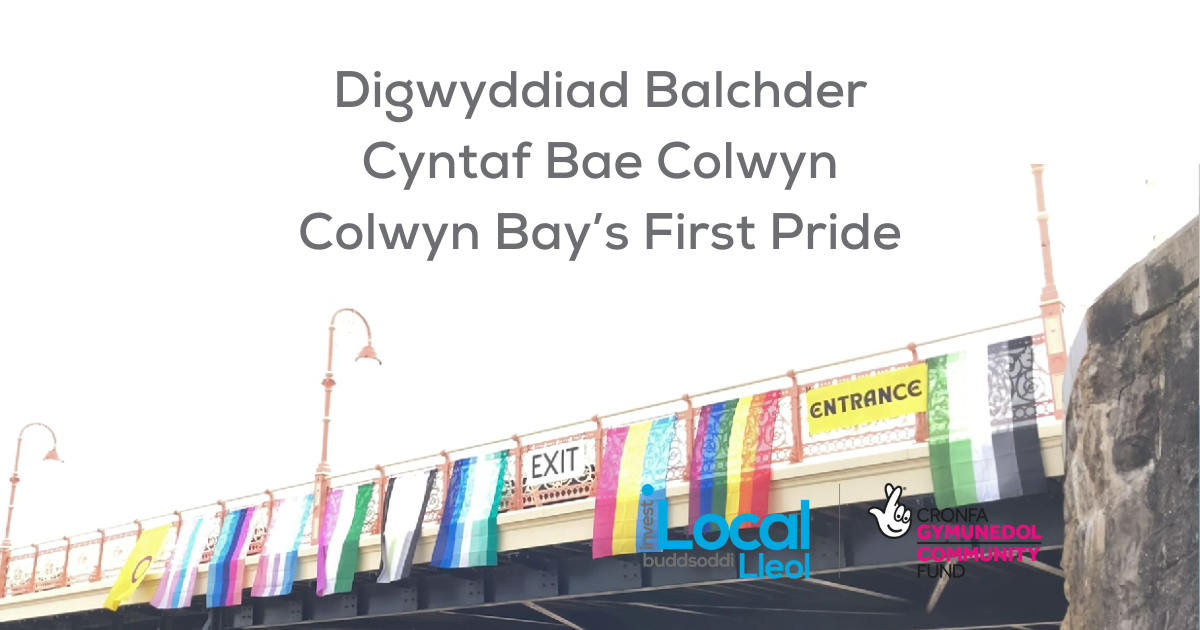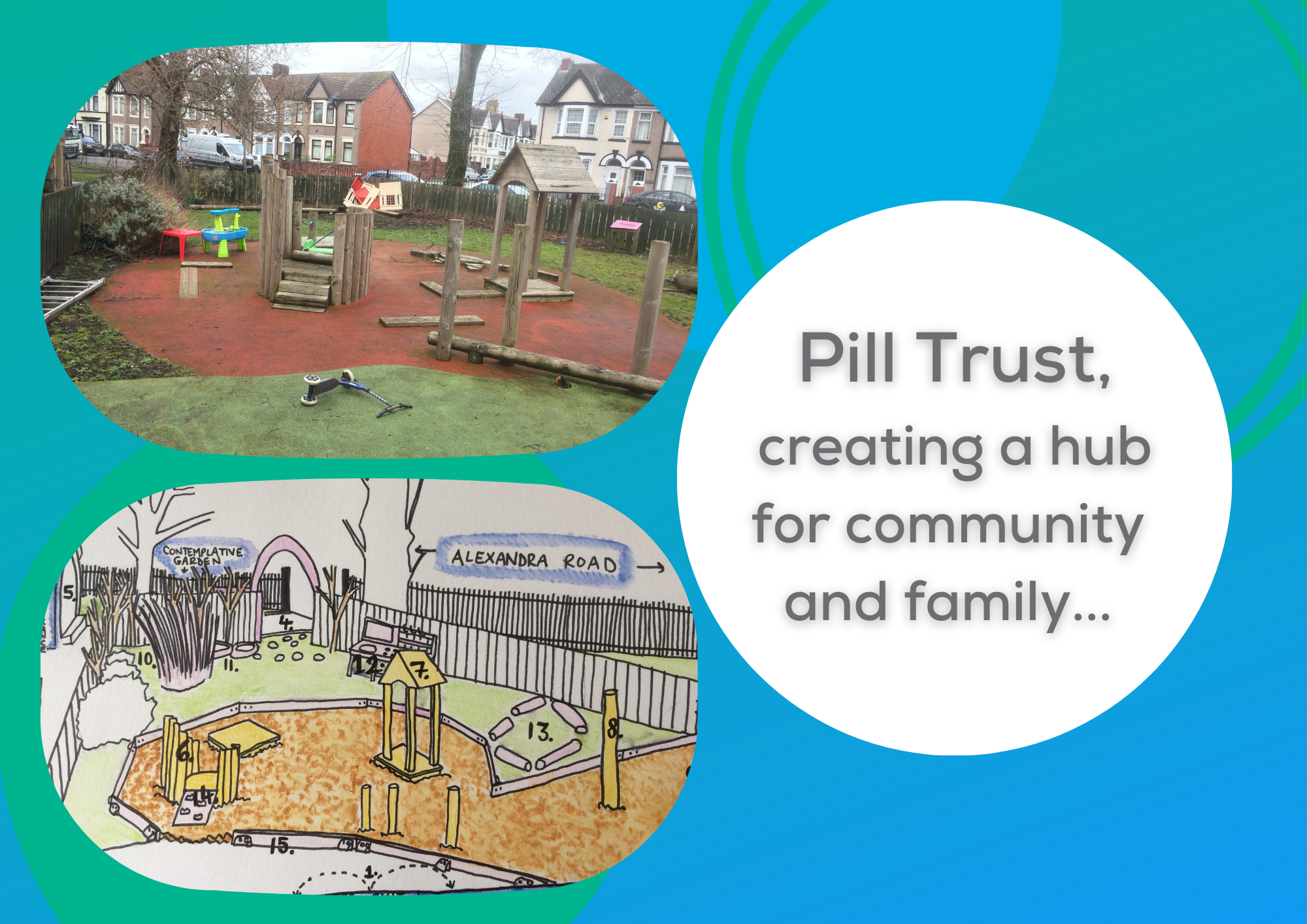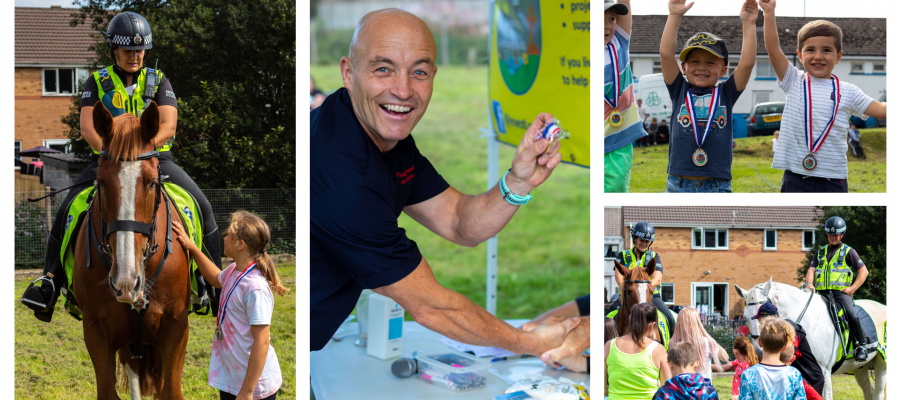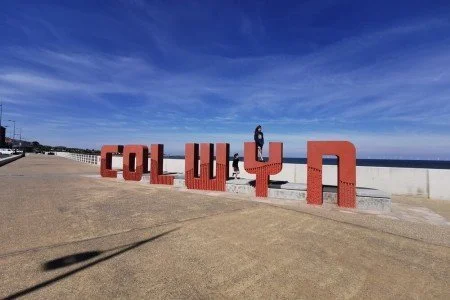REDISCOVERING THE POWER IN COMMUNITIES

Chris Johnes explains how a conversation about resilient communities led to a sell-out conference on Building a New Local Economy in Wales.
Ten months ago, the Welsh Government announced the end of its 16-year-old Communities First programme – or rather programmes, as what they were closing bore little resemblance to how they started. Talk of communities knew best, local leadership and developing capacity had long since disappeared in favour of addressing personal needs, employability and skills – initiatives mostly led by the public sector.
Carl Sargeant added that the Government was intending to help support communities to become more resilient with little detail attached.
This coincided with the very early days of our Invest Local programme, so we had little in the way of clear evidence from what had been delivered to feed into any Government policy making progress. However, we did have a very clear idea of what people we are working with in 13 areas across Wales aspire to – and high up the list were strong local community organisations which could bring services and resources to their localities.
With our colleagues in the Talwrn network, we discussed the kind of arrangements and capacity that communities would require to become or remain resilient. We even contemplated a seminar on the topic to expand debate further. But the more we looked into the subject, the more we realised the agenda we needed to address was much broader than what we normally think of as work around “communities”. It had to include local economies, the state of the environment, and how we support and look after people in our communities.
And that led us in two other directions: what could we learn from elsewhere and into a deeper search for what is going on across Wales.
The former conversation has taken us to a fruitful alliance with CLES, whose focus on local economies perfectly complements our own on communities: developing the event on 18 October with them has been a great experience, work between two organisations who manage to combine different perspectives and mutual respect.
However it has been the second set of conversations that has been truly illuminating. Work in Wales will not be about how we build resilient communities, but more about how we build upon the truly inspiring existing work we found. And to a degree we had to find it, as so much of the work going on in individual communities is quite isolated from the national picture, with little in the way of wider representation or networks and few chances to contribute to policy.
But there is a lot going on, and much of it is effective and innovative. Creating jobs, nurturing businesses, sustainably using the neutral environment, and people-centred care initiatives are all happening within Welsh communities, bringing huge benefits to their residents. Much of this is led by local third sector organisations, but in some areas the division between social enterprise and small scale private enterprise is becoming constructively blurred, while in others different ways of working by public bodies is a critical part of the mix.
The challenge now is to help make these kinds of initiative more widespread. In many areas we don’t need to create resilient communities, we need to reinforce them. We need to recognise how we can unblock the barriers that enterprising people in communities face, identify key resources and help people build the right links and relationships.
What started off as a small seminar to discuss some conceptual issues has now become a sell-out conference. And it will be a conference for people wanting to do things and to learn from others.
The enthusiasm the idea has generated has exceeded our expectations. The need and potential for communities, led by local organisations and businesses, to take on a greater role in maximising their own wellbeing is now widely recognised. Our task now is to make it happen even more widely.
As Welsh Government’s consultation into the future spending purposes for the Dormant Assets Scheme in Wales comes to a close BCT’s Policy Officer, Eleri, outlines why we’re calling for the funding to be used to support community action.
Georgina Edwards, Policy and Research Manager at the Plunkett Foundation reflects on our recent panel event focused on Community Assets.
MaesNi Environmental group focus: Creating spaces for nature and community wellbeing.
Building Communities Trust’s Policy Officer, Matthew Brindley, describes why supporting communities to develop their strengths and assets should be a top priority for Government and decision makers in 2022.
Invest Local groups made sure that this would be a summer to put smiles on people’s faces after a difficult year and a half for their communities.
Vin Murtagh from grassroots community action group Together for Colwyn Bay talks about campaigning from the ground up with communities to make good things happen.
Building Communities Trust’s Policy Officer, Matthew Brindley looks back at the election campaign for Strong Welsh Communities and outlines how the new Welsh Government and Senedd can help develop the strengths and assets of local people and community-based organisations.






























